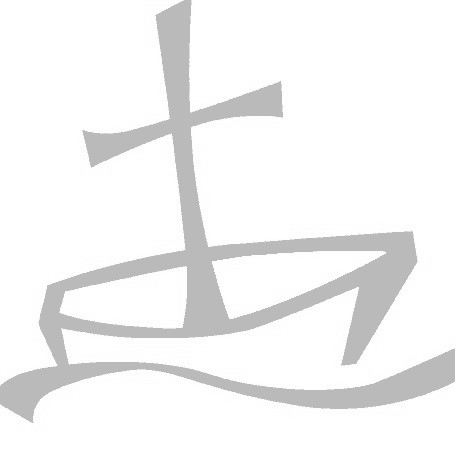A Day in the Life of an Employment Counselor

What does it take to help individuals who recently arrived as refugees find their first jobs in Minnesota? To give you a better sense of what is involved on a day-to-day basis, we asked Refugee Services employment counselor Brittany Esau to take a few notes about some of the activities she does in an average week. As you can see, working with an individual on their employment goals is a holistic process that addresses many facets of a family’s life. - Last week, I met with Karen family in their home to discuss employment. The husband came with a few ideas. His uncle works at a wholesale plant nursery that he knew was hiring. This week, we went to complete an application and he went through an interview. He answered the questions perfectly and was offered the job. Today I took him to complete a drug test and he will notify me when he can begin work. - I met with a Match Grant employment family to officially close their case. They are a family of five from Eritrea. We reviewed a budget to ensure the family understands their financial responsibilities and we practiced writing out a check for rent payments. Although Match Grant is an employment program, it’s a holistic program that includes case management support for families, especially after their initial resettlement period ends. Because of this extra support, I was the one who received a call a couple of months ago from the husband in this family ,Aron, when their new baby was born. His wife Helen had gone into labor the night before and he wasn’t sure which hospital she should go to. Wisely, he called 911 and his wife was soon taken to the hospital. He stayed home with their 2 young children while she gave birth. The next morning, he had even gone into work because he was afraid he might lose his job if he didn’t go in. When I heard that his wife had given birth, I rushed over to his workplace and requested that he be allowed to leave work to go visit his wife and new baby. My co-worker, Katia, picked up their other children from the neighbor and brought them to the hospital so the whole family could be together. During our meeting, we also spent some time reviewing what they have accomplished in the Match Grant employment program. Aron is working full-time at a produce company packaging vegetables and fruit. Their older two children are in school and have received great feedback from the teachers. Their newborn is now 2 months old and the family is doing well. They have accomplished so much in the 6 months since they arrived and they are feeling confident and capable of being self-sufficient.
At this final home visit they insisted that I stay for some tea and snacks. While nursing her baby, Helen got a pot on the stove to boil and brought out cardamom bread, bananas, and delicious chai for me to enjoy. I continued to reflect with Aron. He explained that in Eritrea life is very hard. Once you hit the age of 18 you must join the Eritrean military. Aron referred to this as a type of prison because you are not allowed to pursue any other education or career opportunities and the stipend is not enough to support a family. He said that life in America is like heaven. He works hard to support his family, but his 3 children have the opportunity to go to college and make a better life for themselves. He says that his family would not be where they are today without the help of MCC. I reminded him that he and his family are incredibly resilient, and they are where they are because of all the effort and hard work they have put in. - My co-worker Nathan and I completed enrollment paperwork with a Ukrainian family of 4 in Coon Rapids. We gathered information about previous work experience and learned that the father was a mechanical engineer and the mother a pharmacist (for 30 years) in the Ukraine. In the U.S. they understand they won’t be able to start doing this work right away and expressed enthusiasm and willingness to find any entry level job. The 20 and 26 year old children have plans to go to college in the fall. - I took a single mom from the Karen state of Burma to Vine & Branches to select some free clothes for her and her 2 year old daughter. - I took a single Eritrean man to the DMV to try to apply for a State ID card. His EAD from USCIS (the primary document to prove to employers that he can legally work in the US) had a misspelling of his name. The DMV refused his application for a State ID because of the misspelling, which is unfortunate because it can be used as a primary employment authorization document. This could prove a barrier to employment, so we will need to work with him to correct the misspelling. Of course, Brittany’s weeks are also filled with the necessary meetings, file maintenance, and coordinating that make the direct client work possible. After 5 years working as an employment counselor at MCC, Brittany plans to return to school to complete a Master of Social Work degree this fall and she will be dearly missed.

